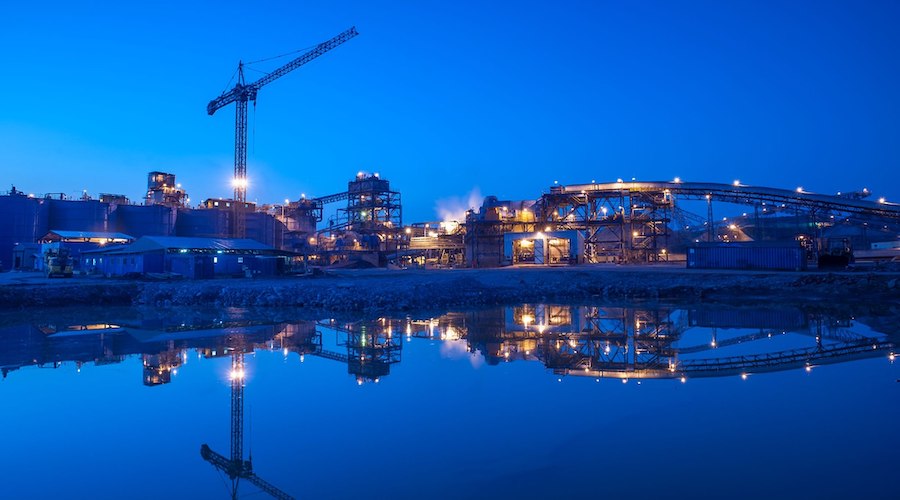Mali accuses Barrick Gold of breaching agreement, miner denies claims

Mali has accused Barrick Gold of failing to abide by commitments made in a recent agreement, charges the Canadian miner denied on Thursday, saying it did not accept any claims of wrongdoing.
Barrick, the world’s second-largest gold miner, announced on Sept. 30 it had agreed with the government to resolve disputes over the Loulo and Gounkoto gold mines, days after Malian authorities briefly detained four Malian staff working for the company.
But in a joint statement dated Oct. 23, Mali’s economy and mines ministries said Barrick had “not honoured the commitments to which it subscribed in the agreement.”
Without sharing further details, the ministries said the breaches included those relating to environmental and corporate social responsibility and foreign exchange rules.
They said there were “serious risks to the group’s continued operations in Mali, one of whose operating licenses expires at the beginning of 2026.”
“The Malian government has decided to draw all legal consequences arising from the actions taken by Barrick Gold,” they said.
In response, Barrick denied the allegations and said since Sept. 30 it had been actively engaged with the government to reach a settlement that would include an increase in the state’s share of economic benefits from the Loulo-Gounkoto complex.
“While Barrick does not accept any claims of wrongdoing, it has chosen to act in good faith as a long-standing partner of Mali,” it said in a statement, adding that the company had paid the government $85 million in early October in the context of ongoing negotiations.
Earlier this month, three sources told Reuters that Mali’s military government was seeking at least 300 billion CFA francs ($512 million) in outstanding taxes and dividends from Barrick.
Asked to comment at the time, a Barrick spokesperson said the company was still in the process of negotiation.
The demands on Barrick follow an audit of mining contracts last year and a subsequent push by the junta to renegotiate existing agreements with foreign mining firms aimed at channeling a greater share of revenues into state coffers through a new mining code.
(By Tiemoko Diallo, Sourasis Bose and Alessandra Prentice; Editing by Tasim Zahid and Sandra Maler)
{{ commodity.name }}
{{ post.title }}
{{ post.date }}




Comments